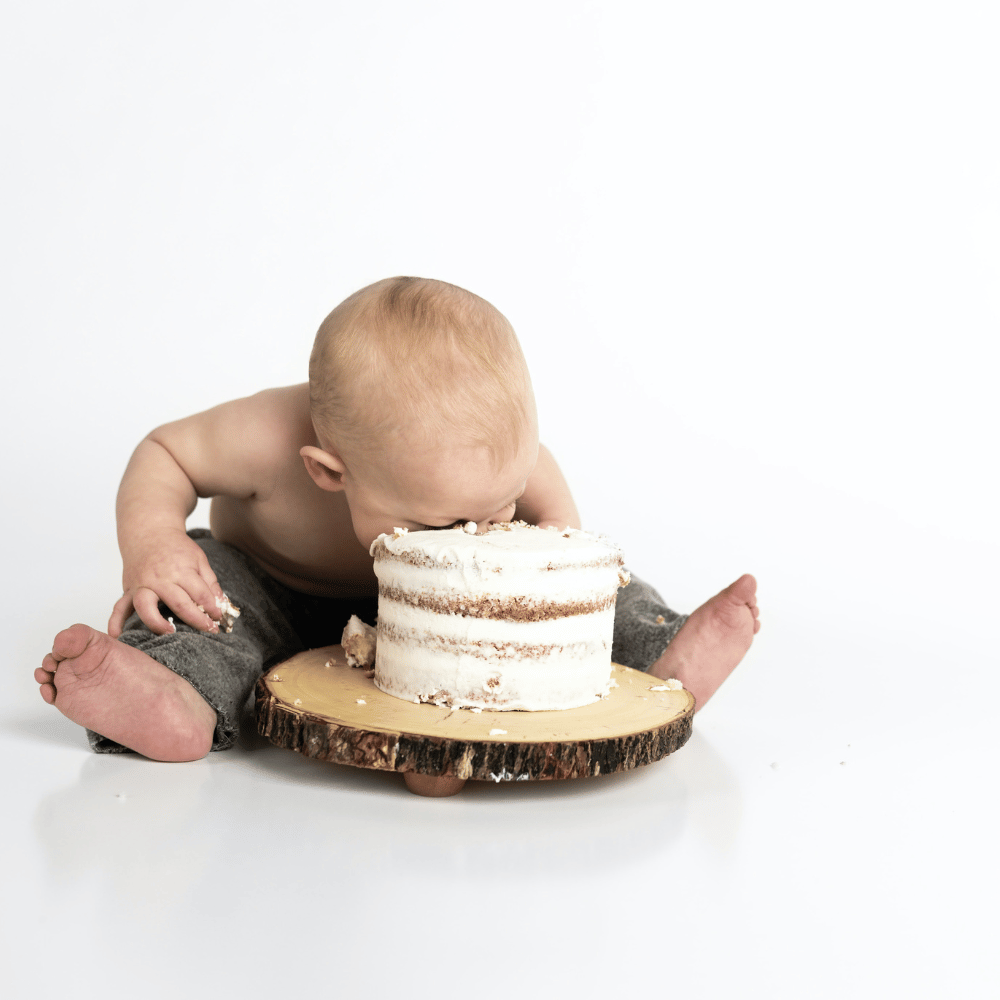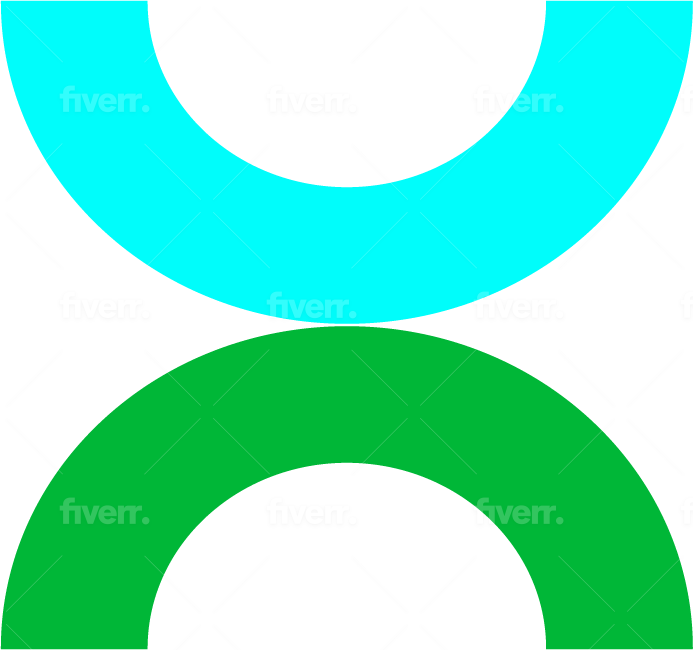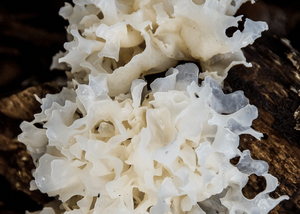Being a new mom comes with a lot of questions and concerns, especially if you are a first-time parent. One of the questions often asked is whether or not breastfed babies need probiotics.
While breast milk provides newborns with all the necessary nutrients needed for growth and development, there is growing evidence that probiotics can also play a significant role in strengthening their immune systems. So, let's dive deeper into the topic and find out if breastfed babies really need probiotics.
What are probiotics?
Probiotics are living microorganisms found naturally in the human body, including the gut. They are often regarded as "good bacteria" because they help in keeping your digestive system healthy and immune to diseases.
Common sources of probiotics include yoghurt, kefir, and probiotic supplements. Probiotics have gained popularity in recent years because they have been shown to protect the body against harmful bacteria and boost the immune system.
The benefits of probiotics for breastfed babies.
Breast milk is rich in beneficial bacteria, but it can be affected by the mother's diet, medications, and other factors, especially after a C-section birth. Giving your breastfed baby probiotics can help increase their immune system, and relieve gastrointestinal issues like colic, diarrhoea and constipation. Probiotics can also reduce the risk of developing allergies such as eczema and asthma.
What type of probiotics to give your baby?
There are different types of probiotics, and they are not created equal. The best probiotics to give your baby should have the correct strain of bacteria that are safe and effective for infants.
Probiotic supplements that contain bifidobacteria and lactobacilli strains are suitable and safe to use for breastfed babies. Although research on probiotics in newborns is recent, Lactobacillus rhamnosus (LGG) and Bifidobacterium lactis (BB-12) are some of the most commonly used strains in formula and probiotic supplements for newborns.
When to give your baby probiotics.
There is ongoing research about the best time to introduce probiotics to newborn babies. The most commonly recommended time to give probiotics to a baby is after six weeks of age when the baby's gut has started to mature.
However, it is always advisable to speak to your paediatrician before giving your baby any supplements, including probiotics.
Are there any risks with probiotics?
Probiotics are generally safe, and side effects are rare, but you need to be careful when introducing them to your baby. Always start with a low dose and gradually increase the dosage as indicated on the label.
Also, ensure the probiotic supplement you use is manufactured under strict hygienic conditions to reduce the risk of contamination. In rare cases, probiotics can cause mild digestive discomfort in babies, but such reactions usually go away with time.
In conclusion, probiotics can play a significant role in boosting your newborns' immune system and keeping them healthy. While breast milk is rich in natural probiotics, environmental factors can affect its quality, leading to an imbalance of good bacteria in your baby's gut. However, not all babies need probiotics. It's always advisable to consult your paediatrician before giving your baby any supplements, including probiotics. When you decide it's the right choice for your baby, choose a high-quality supplement that is suitable for infants, and always start with a low dose. With the right probiotic supplement and dosage, you can give your breastfed baby an extra layer of protection and support their immune system, allowing them to thrive.













Member discussion